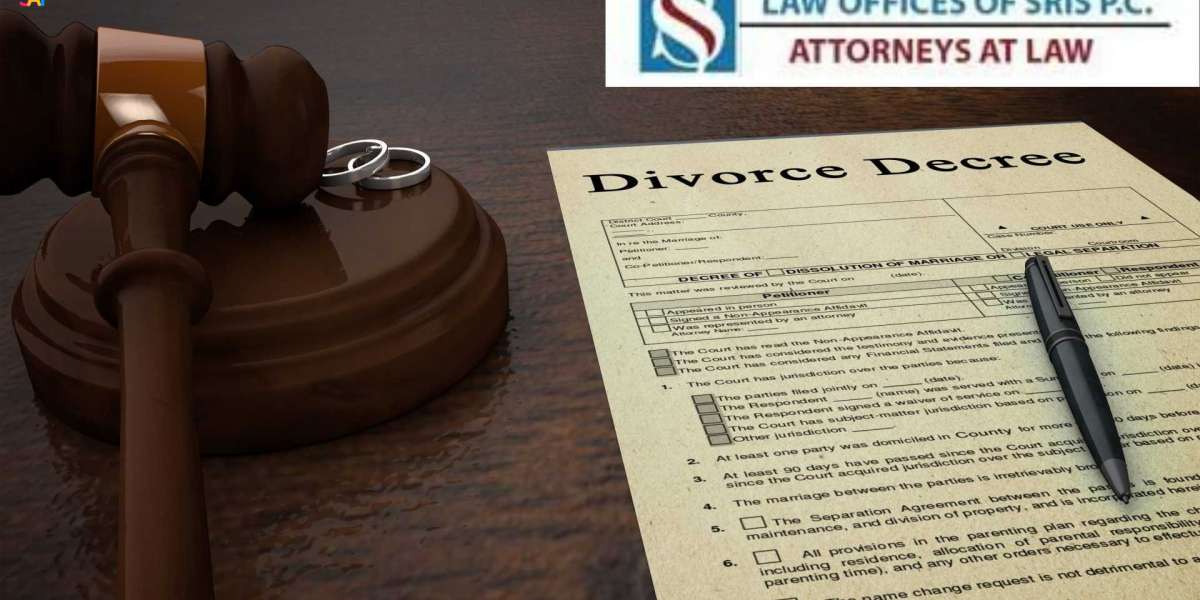Divorce court can be an emotionally and financially draining experience, and there are several aspects of the process that people commonly dislike. Here are some things that frustrate people about New York State divorce court:
- The Slow Process
Court dockets are often backlogged, causing significant delays in getting hearing dates, rulings, or final judgments.
- High Costs
Legal fees, court filing fees, and other expenses can add up quickly, especially if the divorce is contentious and drawn out.
- Lack of Privacy
New York State Divorce Court proceedings are a matter of public record, meaning personal details about finances, relationships, and family dynamics can be exposed.
- Unpredictable Outcomes
Even with strong legal arguments, court rulings can sometimes feel arbitrary or fail to meet expectations, leaving both parties dissatisfied.
- Emotional Toll
The adversarial nature of court proceedings often heightens emotional stress, particularly in cases involving custody or significant assets.
- The Formality and Rigidity
The strict procedural rules and legal jargon can make the process intimidating and confusing for those unfamiliar with the court system.
- Long Waiting Times on Hearing Days
Many people complain about sitting in court for hours before their case is called, only to have it adjourned or resolved in a few minutes.
- Judges Seem Overworked
Judges handling a heavy caseload might appear rushed or inattentive, making litigants feel their cases aren’t being given enough consideration.
- Mandatory Appearances
Court appearances can disrupt work, childcare, or other commitments, causing frustration for those trying to balance their schedules.
- Uncontrollable Escalations
What starts as an uncontested divorce can quickly spiral into a contentious battle once issues like custody, support, or property division are disputed in court.
- Custody Battles
Custody disputes can be particularly draining, as parents are forced to present evidence against each other, often exacerbating conflict.
- Delays in Enforcement
Even after court orders are issued, enforcing child support, spousal support, or custody arrangements can require additional legal action, causing further frustration.
- Cookie-Cutter Approach
Some feel that the court process treats all cases similarly, failing to address the unique nuances of their situations.
- Financial Disclosures
The requirement to provide extensive documentation of finances can feel invasive and burdensome.
- Limited Court Resources
Overburdened family court systems often lack the resources to handle cases efficiently or to provide adequate support for families in crisis.
- Mediation Isn’t Always Available
Though mediation is encouraged, not all cases qualify for it, forcing couples into the more adversarial court process.
- The Impact on Children
When children are involved, the court’s involvement in custody and visitation decisions can increase tension and put pressure on the kids.
- Adjournments and Rescheduling
Cases are frequently postponed, causing additional delays and increasing legal costs.
- Litigants often feel powerless as decisions about their lives and families are placed entirely in the hands of the court.
- Misrepresentation in Court
People often feel that their ex-spouse’s portrayal of events or financial circumstances is inaccurate, but the court may not always delve deeply enough to uncover the truth.
- Lack of Consistency in Rulings
Similar cases can have vastly different outcomes, making the process seem unpredictable and unfair.
- Emphasis on Winning Instead of Resolution
The adversarial nature of divorce court often turns the process into a battle rather than a means to find a fair resolution.
- Court-Ordered Evaluations
Psychological or financial evaluations ordered by the court can feel invasive and stressful, particularly when their findings don’t align with expectations.
- Limited Time to Present Your Case
Litigants often feel rushed during hearings, with judges allocating only a short time to explain complex situations.
- Pressure to Settle
Judges and attorneys may push for a quick settlement to reduce caseloads, leaving some parties feeling pressured to agree to unfavorable terms.
- Confusing Legal Terminology
The use of legal jargon can make it difficult for non-lawyers to fully understand proceedings and decisions.
- Mandatory Parenting Classes
While well-intentioned, required parenting classes can feel like an unnecessary burden to some, especially if they believe they are already good parents.
- Bias Perception
Some people feel the court system favors one gender or parent over the other, despite claims of impartiality.
- Unclear Guidelines for Asset Division
"Equitable distribution" leaves room for interpretation, making asset division feel subjective and New York State Divorce Documents.
- Paperwork Errors
Clerical mistakes in court filings or orders can lead to delays or disputes, requiring extra time and money to resolve.
- Public Courtrooms
Divorce hearings often take place in open courtrooms, which can be embarrassing for those airing private matters.
- Limited Input in Decisions
Litigants may feel that they have little say in critical decisions, with the judge or lawyers dominating the process.
- Emotional Manipulation in Court
Ex-spouses may attempt to play on the judge’s emotions, leading to further frustration and a sense of injustice.
- The Court’s Disregard for Nuances
Complex family dynamics or personal sacrifices made during the marriage may not be fully acknowledged in court rulings.
- Prolonged Financial Uncertainty
Until a divorce is finalized, financial uncertainty can make it difficult to plan for the future or make significant life decisions.
- Excessive Formalities
The court’s strict adherence to formal rules and procedures can feel impersonal and frustrating.
- Time Drains for Working Professionals
Frequent court dates or last-minute schedule changes can disrupt careers, particularly for those with demanding jobs.
- Unrealistic Expectations for Mediation
Some cases are forced into mediation when the parties are too hostile for it to be effective, wasting time and resources.




